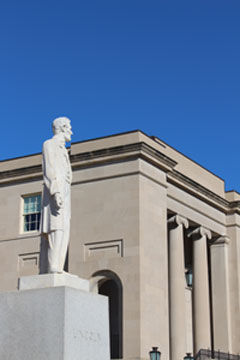DC Council has enacted emergency legislation that affects rental housing in the District of Columbia. Most importantly, while the DC Superior Court had administratively cancelled hearings through May 15, 2020, the new statute explicitly prohibits new cases from going forward. D.C. Code § 16-1502 now states that a summons must be served seven days in advance of a hearing and the seven-day period excludes any period of time for which the Mayor has declared a public health emergency.
The statute also explicitly states that landlords cannot perform an eviction or charge a late fee during a public health emergency.
Other relevant sections state that electric, gas, and water service cannot be shut off for nonpayment during this public health emergency. Time frames are also extended for other tenants’ rights, such as the Tenant Opportunity to Purchase Act (TOPA), responding to conversion and sale documents, and filing tenant petitions.
A copy of the legislation can be read here.

